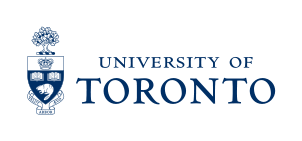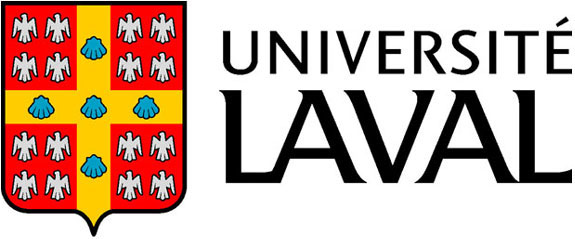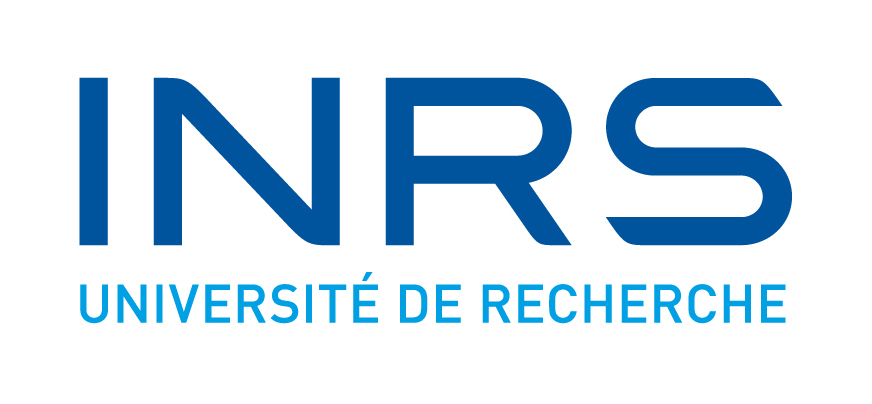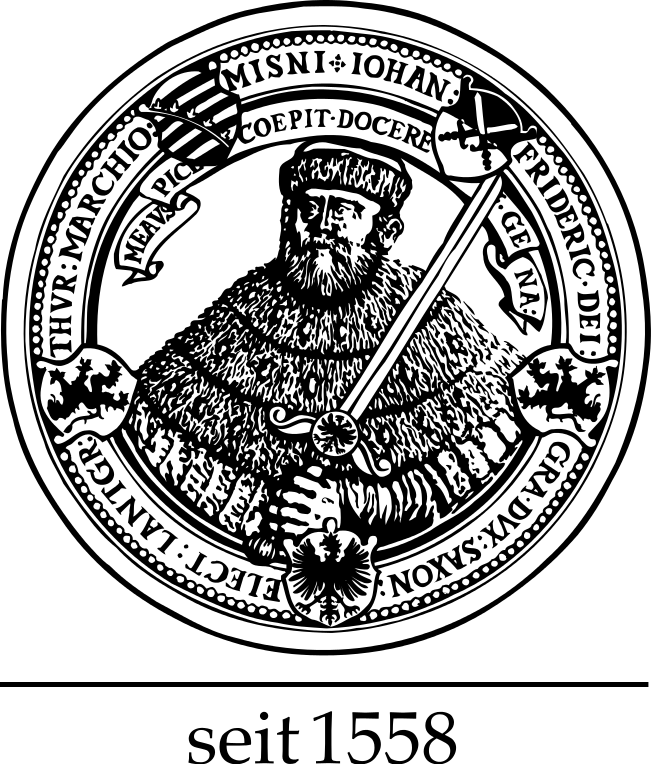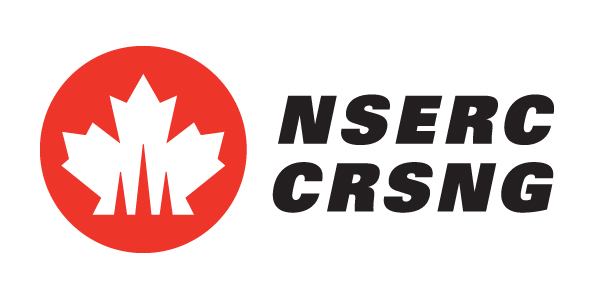Students in the NSERC CREATE Guided Light program will benefit from a unique form of training that will allow them to:
Students may enter the program at any year, and will be trained over a maximum three-year program on international collaborative research, technology development, industry partnership, professional skill development and internship.
Our program places unique emphasis on two exciting areas:
International Research Training
Guided Light seeks to enable high impact research provided by a multi-institutional, international team. In doing so, students will be able to harness a fuller spectrum of research expertise, advanced tools, and resources. Trainees will be challenged to think creatively, bridging fundamental discovery concepts to global industry trends.
Our students will be exposed to current industry practices and participate in market-driven research activities through interactions with small and large Canadian and German industry and government partners. Our German partner, Jena, is home to the most innovative optics companies in the world, whose leading positions are underpinned locally by strong research centers at Friedrich-Schiller University and the highly successful Fraunhofer model for technology transfer and innovation centered at the Fraunhofer Institute of Applied Optics and Precision Engineering (IOF).
The international program encourages collaborative research activities with assignment of co-supervisors or mentors to engage trainees with students and professors in other research groups, accelerating trainees to a level of early stage researchers.
Professional Skill Development
Students of Guided Light will be expected to complete a minimum number of professional development activities or modules offered locally and binationally.

Our program opens doors for students to develop soft-skills in recognizing and seizing commercial opportunities by the way of technology development and transfer, intellectual property protection, licence agreements, business plan writing, fundamentals of business administration, spin offs, venture funding, and entrepreneurship within a rich network of industrial partnerships.
This training is further complemented with professional training courses, workshops, and experiences that target scientific writing, search methodology, grant writing, poster presentation, speech and vocal training, career mentoring, women in science, work-life balance, scientific presentations, communications, ethics in research, language (German), planning and time-management. Leadership development is emphasized throughout the training.
